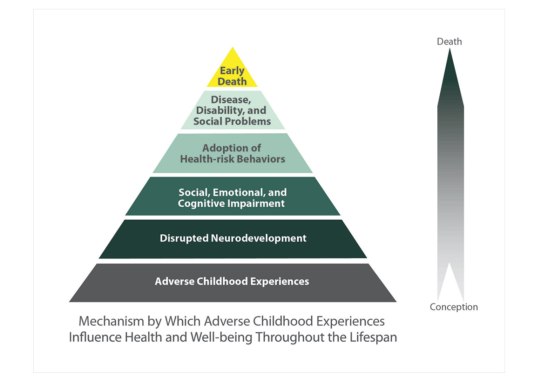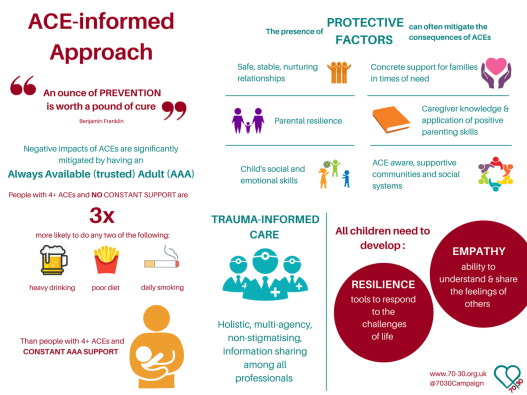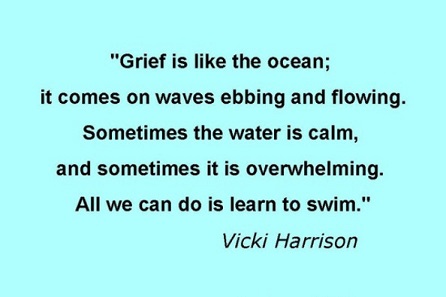Privilege, Societal Barriers, the Roll of the Genetic Dice, and the Choices We Make in Life

There are days that I find myself wanting to claw at the walls and people’s faces. Some days I feel like I am suffocating, being smothered by everything. Other days I am so fatigued that I find it hard to breath. I feel that I have to fight my muscles just to keep breathing. It is not one thing that is causing this. It is never one thing.
I realize some people would view this as me whining, that I should just be content that I even have a job at all and that I have a roof over my head. I even think I am whining. Don’t get me wrong, I am very grateful, but there comes a time when there is just too much that has been going on for too long.
Why do my kids and I continually struggle when others don’t? It really has to do with privilege, societal barriers, the roll of the genetic dice, and the choices we make in life.
I chose to marry a man that turned out to be emotionally abusive and then abruptly abandoned us. Did I know he was going to become abusive? No, not in any way. Everyone liked him. I felt I had known him all my life. The choices he has made has caused a lifelong impact on myself and our children.
I chose to go to college and become a teacher, something I wanted to become since I was seven years old. I was born to be a teacher. Unfortunately, the society that I live in does not really look kindly upon teachers or schools for that matter. Lots of negativity, lack of resources, and lack of support.
Then I chose to go back to graduate school to get my master’s degree, because I had essentially become a dinosaur in my field. I was a long-term science teacher with only a bachelor’s degree. I needed to make myself more hirable so I could support my children better. That was my thought and when I started my master’s program, we were still a two income household. I knew that, in order to complete my original plan of completing a science education graduate program, I would need the assistance of my husband. He agreed that it was time for me to go back to school and that he would be there to help me.
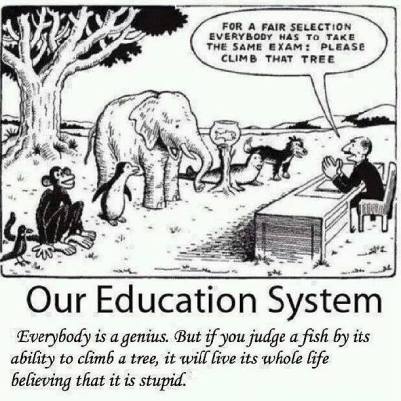
It wasn’t even two months after I began my program when my husband left. I managed for two years without his help, but due to my learning needs, it became clear that I wasn’t going to be able to finish the program. I was attending an online graduate program from a different state. The school would only help me if I went to the disability office on campus. That was going to be impossible, so I decided to transfer to another school. Again, another choice on my part that was due to being put into a position that was not my choice.
I managed to find and get accepted into a different online graduate program from a different state, one that believed in Universal Design for Learning (UDL) standards and supported all students in many different formats. I graduated two years later with a Master’s in Education with a focus in Autism.
In order to complete my degree, I chose to amass student loan debt, because, in the country I live in, college is very, very expensive. I do not have the privilege of coming from a well-to-do family that could pay for my college education. I either needed to take out student loans or not get my graduate degree. Neither my degrees guaranteed me a well-paying job with benefits. There are no guarantees in life.
I also chose to become a mother, twice. Did I know that I would have complications? No, there were no indications. Two months of bed rest with my first child (pre-eclampsia) and four months of bed rest with my second child. There was no warning that all hell would break loose with my second pregnancy. I was almost paralyzed. I have a beautiful son and a beautiful daughter, but my body never fully recovered after my second pregnancy. I have ongoing medical problems stemming from pregnancy complications and Ehler-Danlos Syndrome.
I am autistic, I have Ehler-Danlos Syndrome, and I also can’t build up antibodies from vaccines. This is all due to the roll of the genetic dice. My titer levels show no evidence that I was ever vaccinated even though I received vaccinations multiple times, even in adulthood. So, yay for me.
As a person who must rely on herd immunity to protect myself from preventable diseases, I have no patience for anyone who is an antivaxer or anyone who claims vaccines caused their child’s autism. No patience what so ever. There is a current measles outbreak happening in my state right now. I am appalled by the self-righteous ignorance of people. They don’t care and they think they know better.
I am digressing . . .
We moved four times in the last six years. We moved due to financial, family, work, and school reasons. Was all this moving by choice? Yes, it was by choice. It has been six years of just the three of us trying to survive. You do what you have to do to keep going and sometimes you have to make really hard choices so you don’t end up out on the streets.
This brings me back to privilege. Why have my children and I had to struggle for so long?
I did receive food assistance for four years up until it was decided that I made just a little too much money. This is a societal barrier. The problem is that, sure, I work full-time, but I don’t make a living wage. The state took away the support I needed to feed my children. We ration food. That is hard on the body and the mind.
I am grateful for my job. My years of teaching and my master’s degree opened the door for me to be able to work in the non-profit sector where I can help families with children with disabilities navigate the education system. I pay it forward by helping make the world better for one person/one family at a time. This job does not pay a whole lot, but it does allow the flexible schedule that I need to be the parent that my children need. They have weekly medical appointments that requires a lot traveling.
I have also been homeschooling for the last five years. This was not something that we had planned on. Homeschooling became a necessity so my children could be successful and reach their potential. My own health needs require that I have a flexible schedule. There are days that I am unable to leave my bed, and then there are other days that end up being a 10-hour work day. I do understand that having a flexible work schedule that allows me to work the majority of the time from home is a privilege.
There was a time that I worked three part-time teaching positions while attending graduate school and homeschooling full-time. That lasted for three years. I don’t remember sleeping much, but I made it work. Now that both my children are part of the Home Link program, which is part of the public school system. I have better schooling support for my children and they are thriving in the alternative learning experience that is available here. I do understand that this placement is a privilege and I am grateful for it.
Even though I have find myself in a better employment and schooling situation, I find that my burnout never seems to end. I have been at some level of burnout for at least two decades. I don’t have a proper word to describe this never-ending burnout. I do have better days, but it is a constant struggle to even move. Life keeps going so I must keep pushing myself forward, which only drains me further. It is out of sheer determination that I can maintain my daily responsibilities, but more and more things keep getting piled on. So, I remain stoic and keep treading water. Unfortunately, a person can’t tread water indefinitely. This concerns me greatly.
Life shouldn’t be this hard. Yes, I understand that there are people who have it worse than me. My point isn’t about my situation alone. My point applies to everyone who has to constantly struggle in a country that is considered a first world nation and a “Leader of the Free World”.
Do you know what the United States is ranked first in?
As of 2015 the U.S.:
- ranks 1st in prisoners
- ranks 1st in death by violence
- ranks 2nd in ignorance
- ranks 14th in education
- ranks 22nd in gender equality
- ranks 44th in health care efficiency
U.S. Has The Worst Rate Of Maternal Deaths In The Developed World
More American women are dying of pregnancy-related complications than any other developed country. Only in the U.S. has the rate of women who die been rising.
Inequality
The US has the highest income inequality of all rich countries.
Poverty
The US has the second-highest rate of poverty among rich countries
According to a 2012 UNICEF study, 23.1% US kids live in poverty. Other studies place the number a little lower, at about 20%, but both numbers are much higher than in other advanced countries. For black and Hispanic American children, the poverty rate is even higher, at 36% and 31%.
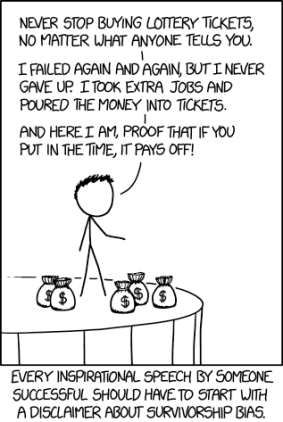 I need to ask that people stop telling others that it was their choice for why they ended up in a particular situation. Poverty is a systematic problem; there are societal barriers in place that prevent many from climbing out of poverty.
I need to ask that people stop telling others that it was their choice for why they ended up in a particular situation. Poverty is a systematic problem; there are societal barriers in place that prevent many from climbing out of poverty.
For those of us who have been trying everything to make our lives and the lives of their children better, stop dismissing us by saying that we should just be happy and grateful with what we have. No, just no.
“Every inspirational speech by someone successful should have to start with a disclaimer about survivorship bias.” – xkcd comics
No one should be expected to be happy when they are struggling day in and day out. For those who keep saying that such and such worked for you, stop!! That is survival bias, otherwise known as bootstrap mentality.
I need people to stop telling others that happiness is a choice. You are not helping 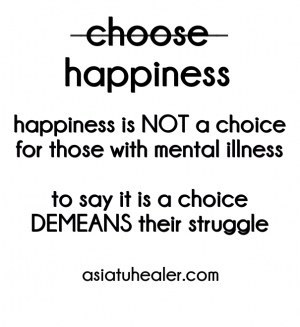 anyone. Happiness is not a choice!! Stop telling people with mental illness and/or disability that all they need to do is choose to be happy.
anyone. Happiness is not a choice!! Stop telling people with mental illness and/or disability that all they need to do is choose to be happy.
For many years now I have been focusing on living in the moment, to find happiness in the moment, because my life has been very stressful despite everything I have tried to do to fix the situation. This has been going on for so long that I found myself becoming really irritable. I had to allow myself to dive into the root cause of this ongoing irritability. I came to the realization that I am not happy. Even those moments that I focus on are no longer enough for me to find joy in life. My irritability has been coming from me not wanting to accept that I am not happy. I was being stubborn and didn’t want to face reality. This brings me to the next part of this productive rant.
Both my children have been described as having anhedonia. I have found that I also have it.
What is anhedonia? To put it simply, it means the absence of joy.
The clinical definition is “Anhedonia, a term first used by Ribot in 1896, is a diminished capacity to experience pleasure. It describes the lack of interest and the withdrawal from all usual pleasant activities. Chapman et al. defined two different types of hedonic deficit: physical anhedonia and social anhedonia. Physical anhedonia represents an inability to feel physical pleasures (such as eating, touching and sex). Social anhedonia describes an incapacity to experience interpersonal pleasure (such as being and talking to others).”
So, what’s the point?
What is the point if you find no joy in life?
Unfortunately, I don’t have an answer to this question.
My resilience has gotten me this far. I am not the type to give up. I am a survivor. I know that I am going to keep on moving forward. That is who I am. I keep swimming.
But, I am so tired . . .
I worry about my children. I find myself crying at night, because I am afraid that my health will continue to decline so badly that I will become a burden on them. I don’t want that. I cry at night, because I don’t know if my health will let me go back to teaching full-time in the classroom and I know that once the child support stops in 2021, my income will drop significantly. I cry at night because I wish for a better life for my children. They did not deserve the crappy deal they got with their emotionally abusive father. I cry at night, because I don’t know what it feels like to be in a healthy, supportive, romantic relationship and I have no idea if I will ever know. It has been six years and I haven’t even started dating anyone else and that is not due for the lack of wanting to start. Just trying to survive takes precedence over dating. I cry at night, because of my stoicism. I do not have the ability to turn it off, and even if I did, I need to remain strong for my children. They know I struggle and they worry. They don’t need the stress of seeing their mother crying.
I am so tired . . . but, I keep swimming.
I will keep treading water for as long as I can.
I am in this place, because of privilege, societal barriers, the roll of the genetic dice, and the choices I made in life as well as the choices other people in my life made. Choices have a ripple effect not only in your life, but in the lives of others.
I ask that when you make a choice, please be mindful of the impact it will have on those around you. Even if your intent does not come from a place of malice, it is the impact that counts. The impact always carries more weight than the intent.
Intent Versus Impact: When Making a Difference Doesn’t | Miriam Barnett | TEDxTacoma – VIDEO
(Image sources linked to images. I do not own any of the images.)
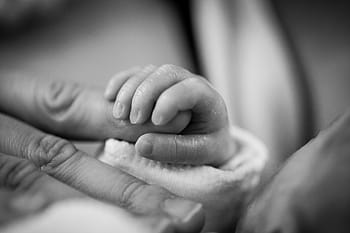
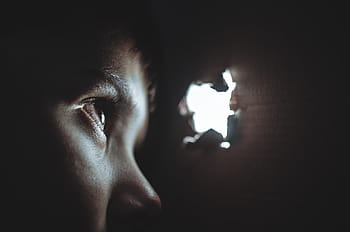
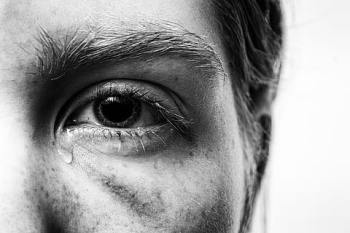
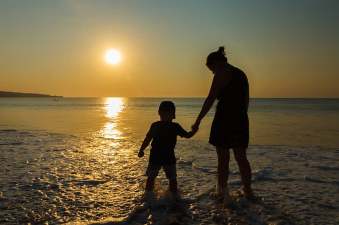

 There once was a young girl who hid in her room. Her room was the only place that felt like hers. She was allowed to decorate her room how she wanted. No one yelled at her while she was in her room. She was left alone.
There once was a young girl who hid in her room. Her room was the only place that felt like hers. She was allowed to decorate her room how she wanted. No one yelled at her while she was in her room. She was left alone. 




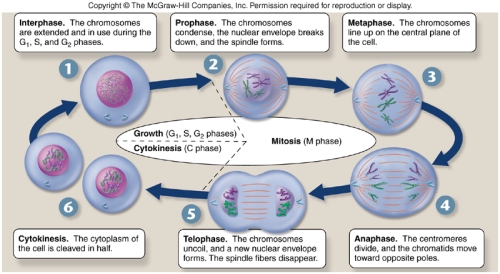
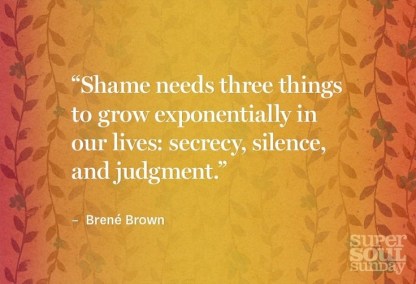
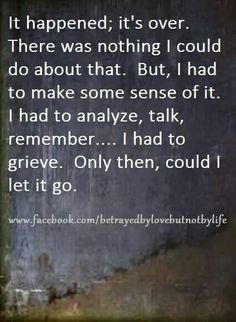
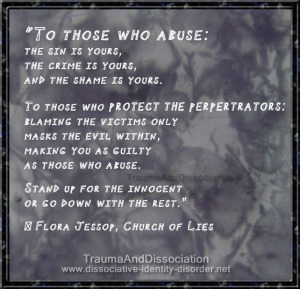 Somewhere in the back of my mind I knew growing up there was a problem with my family. The cycle of abuse goes back several generations on both sides. I had promised myself that the abuse stopped with me. I was not going to allow the
Somewhere in the back of my mind I knew growing up there was a problem with my family. The cycle of abuse goes back several generations on both sides. I had promised myself that the abuse stopped with me. I was not going to allow the 